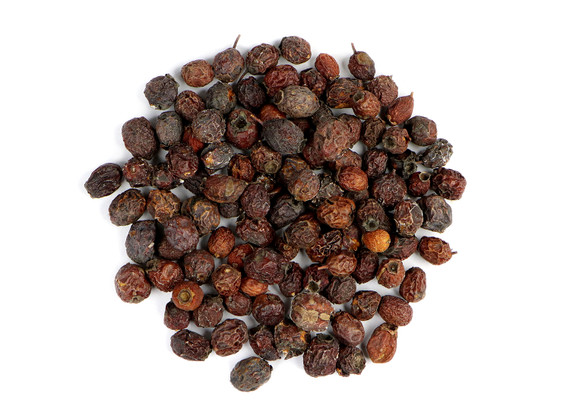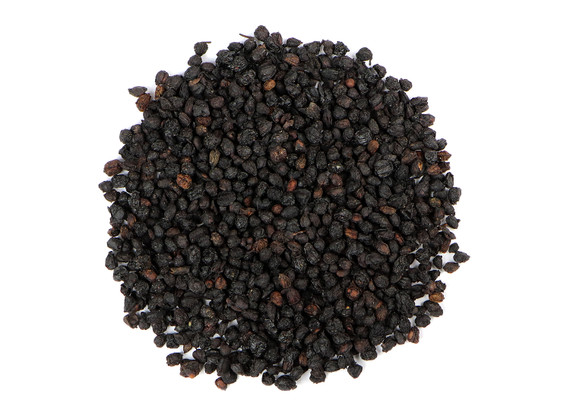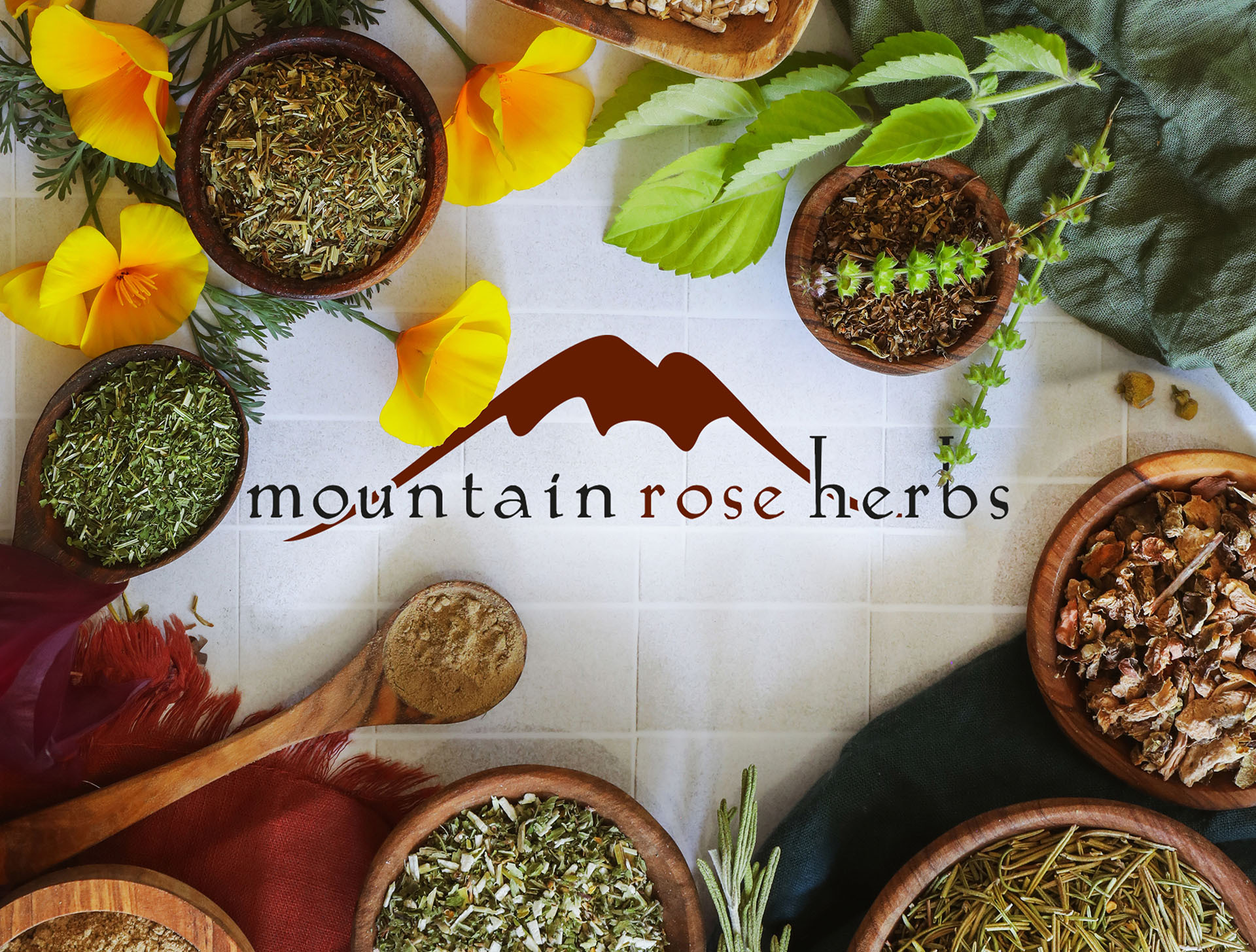Aristotelia chilensis is a small, evergreen tree native to the southwest coast of South America. Maqui, or Chilean wineberry, produces edible, purple-black berries which have a taste comparable to blackberries. Maqui berries are picked seasonally by the Mapuche people who often enjoy them in various traditional beverages and culinary recipes. Maqui berry gives a unique and delicious tonic boost to smoothies, granolas, health drinks, and herbal teas.
An evergreen shrub or small tree belonging to the Elaeaocarpaceae family and native to the temperate rainforests of Chile and Argentina, the Maqui has smooth bark, reaches about 3-4 meters in height, and bears small star-shaped yellowish-green flowers that produce edible purple-black berries much favored by birds. Chilean Wineberry has been cultivated in England since the 1700s and was cultivated sparingly in the United States by the early 1900s. In 1844 the French botanist Claude Grey documented that Maqui berries were widely consumed by the Mapuche natives as a tonic to improve stamina and strength, and also to prepare chicha, a low-alcohol fermented drink.
The berries, which taste like tart huckleberries, can also be used to make jam or eaten raw. Dried at low temperatures. Maqui berries are relatively new to the American herbal market and are primarily being sold as one of the latest "superfoods." Maqui berries have reportedly been used by the Mapuche natives of Chile and Argentina for centuries.
Precautions
No known precautions. We recommend that you consult with a qualified healthcare practitioner before using herbal products, particularly if you are pregnant, nursing, or on any medications.
This information has not been evaluated by the Food and Drug Administration. This product is not intended to diagnose, treat, cure, or prevent any disease. For educational purposes only.








